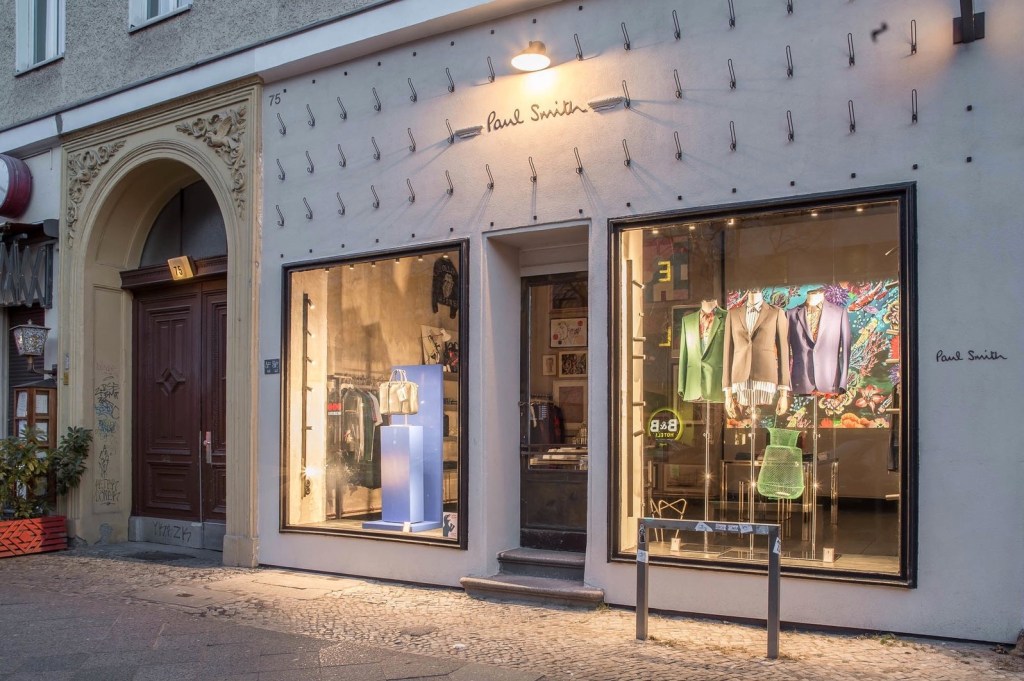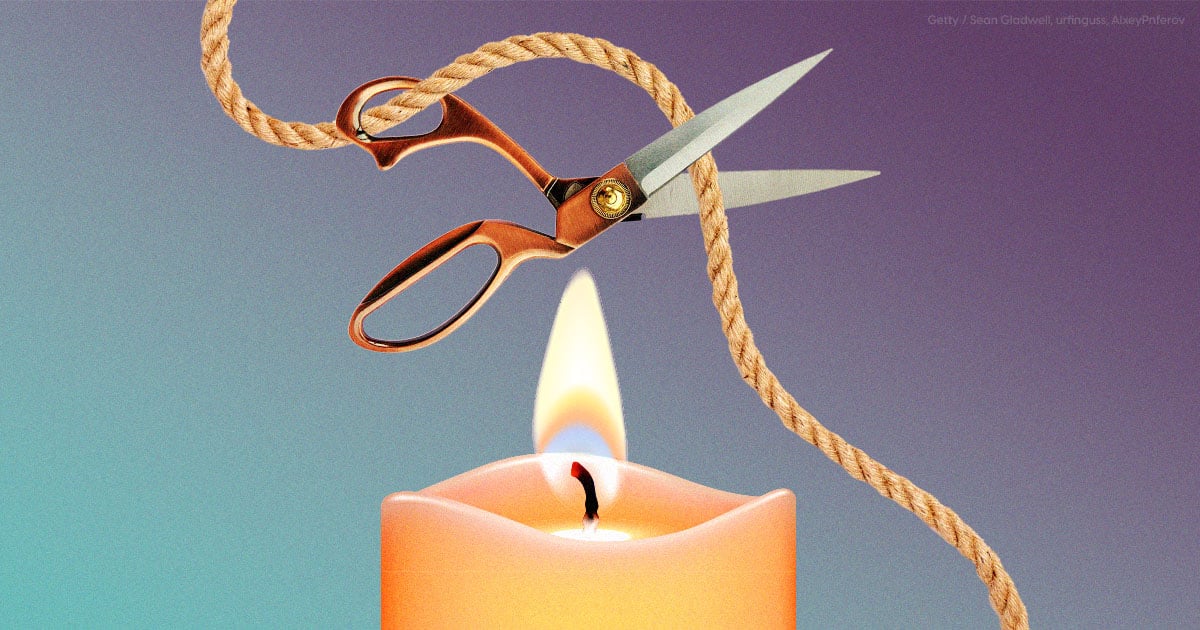AUF WIEDERSEHEN, PAUL: “Shops are about conversation,” said Paul Smith at the opening of his first Berlin store on Potsdamer Strasse in 2018. That conversation has now ended, at least in Germany, with the brand set to close its three standalone stores in the recession-hit country.
The market is very different from the one that Paul Smith entered a decade ago, when he opened his first German store, a two-floor, 5,000-square-foot emporium in a Biedermeier-style house with garden in Hamburg.
In 2023, the German economy shrank by 0.3 percent, and growth is set to hit 0.7 percent in 2024, according to the Munich-based Institute for Economic Research. Germany was the only European Union country to tip into recession last year.
The country is in no mood to spend, and a spokesperson for Paul Smith confirmed that shopping habits have changed.
“The leases for our shops in Germany were all negotiated pre-COVID[-19] when shopping habits were vastly different from today. The decision to close shops is never easy particularly given the dedication and efforts of all of our local staff.
“We are very proud of the wholesale distribution that we have in Germany and continue to work with our valued partners in the market,” the spokesperson added.
The brand has three stand-alone stores, each with a different vibe.
The 1,000 square feet Berlin store has 45 black metal coat hooks on the façade. Its location, on Potsdamer Strasse, was an interesting choice at the time.
When Smith moved in, it was a developing haven for art and design galleries and some adventurous fashion retailers, most notably concept store pioneer Andreas Murkudis, who kick-started the neighborhood a few years before.
The Berlin building dates back to the 1800s, and Smith retained as many of the old store features as possible, from the floor boards to the doors. “I wanted to integrate, not alienate,” Smith said at the time.
The Munich store was the most recent to open, and has a more contemporary edge with a glass façade, minimalist interiors, and midcentury modern furniture. It is located on Luitpoldblock, Amiraplatz 3.
The brand had already flagged a difficult macroeconomic environment in its 2023 financial results, which were published on Companies House earlier this month.
The company said in the fiscal year ending June 30 the cost of doing business had increased due to the impact of rising inflation. It also flagged “low consumer confidence” and supply chain difficulties.
In the 12-month period, turnover rose 4 percent to 152.6 million pounds, while operating losses widened to 11.6 million pounds from 7.5 million pounds. The company said the increase in losses was due to non-cash exceptional items, cost inflation and increased investment in promotional activity.



